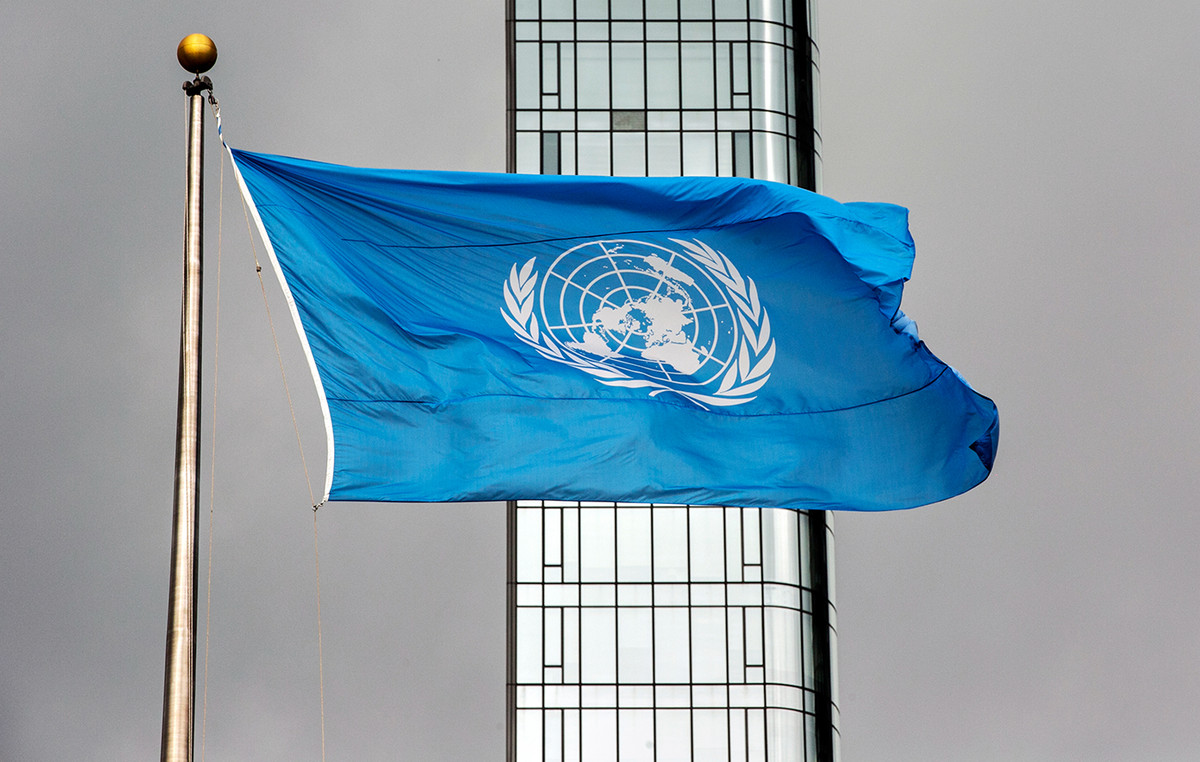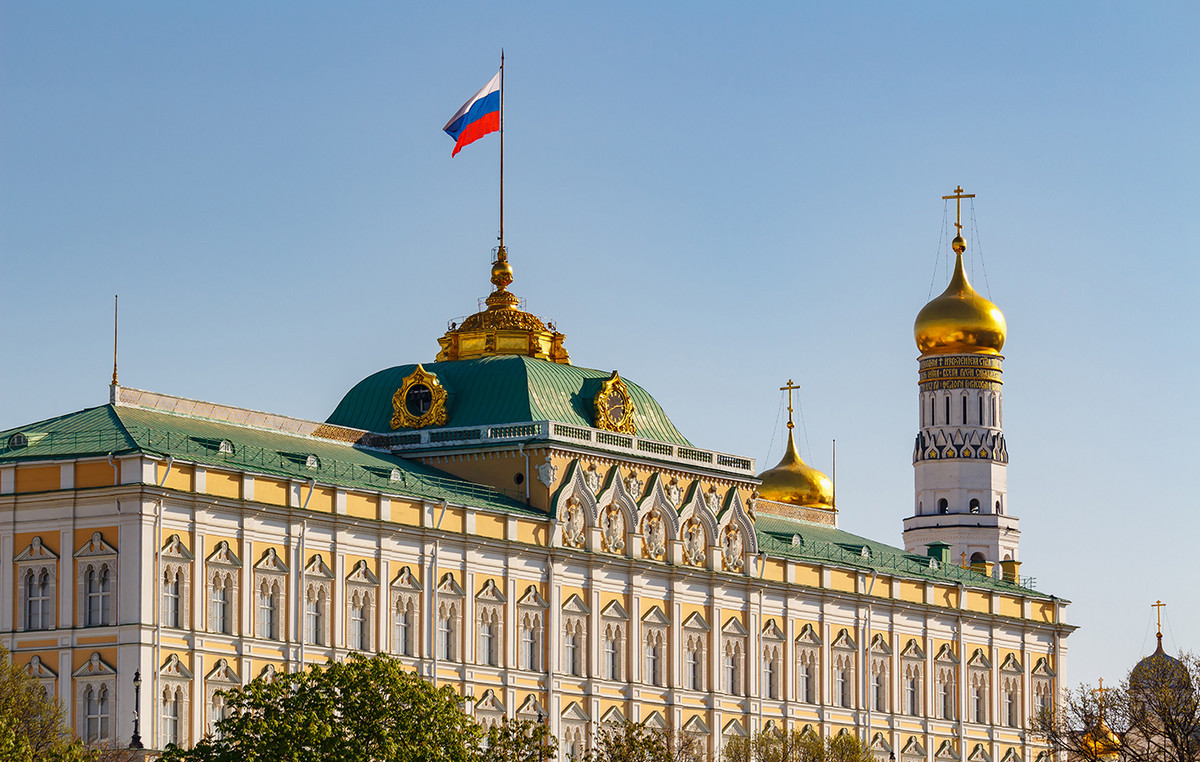Russia’s intelligence services use a systematic program to promote pro-Kremlin propaganda. They take advantage of private relationships between Russian agents and US and Western targets who are unaware of their role. That’s what a recently unveiled US intelligence document claims.
US agencies believe that the Russian Federal Security Service (FSB) is trying to influence policy and public opinion in the West by having Russian civilians establish relationships with influential US and Western individuals and then disseminate narratives that support the Kremlin’s goals.
At the same time, they disguise the role of the FSB through layers of independent actors.
“Influence operations are designed to be small-scale. The overall goal is for people in the US and the West to present these ideas as apparently natural, organic,” said a US source authorized to discuss the material with the CNN . “Co-option operations are built primarily on personal relationships. They build trust and then can leverage the relationship to covertly push the FSB’s agenda.”
VIDEO – For the EU, Russia is not willing to negotiate peace in Ukraine
The campaigns have achieved a measure of effectiveness by planting Russian narratives in the Western press, according to the intelligence. Maxim Grigoriev, who runs a Russian NGO, made several speeches to the UN presenting a fake study that claimed that the White Helmets humanitarian group – which operates in Syria – ran a parallel market in human organs and had faked chemical attacks by Syrian President Bashar al -Assad, with whom Russia is allied.
The allegations ended up appearing in a report by the far-right TV channel in the United States, OANN, according to open source materials presented by the source.
A CNN contacted Grigoriev but has yet to hear back.
However, the source pointed out that the Western voices who eventually became spokesmen for Russian propaganda were almost certainly unaware of the role they played.
“Ultimately, the unwitting target disseminates the Russian influence operation, i.e. Russian propaganda to the target audience,” the source said. “Ultimately, many people are unaware of their role, and don’t know they are seeding such narratives.”
Intelligence provides several examples of Russian civilian “co-optes” helping the FSB.
Andrey Stepanenko founded a media project in 2014 that sponsored journalists from the US and the West to visit eastern Ukraine and learn the alleged truth about what was happening in the region. In fact, the FSB stepped in and “almost certainly funded the project,” according to the declassified intelligence.
A CNN unable to reach Stepanenko for comment.
The US official also cited Natalia Burlinova, the founder of a Russian NGO that routinely coordinated FSB-funded public diplomacy efforts aimed at influencing Western opinion. In 2018, she visited, held meetings, and hosted events at various US think tanks and universities in New York, Boston, and Washington. All funded by the FSB, according to US intelligence. Her conduct was already public: she was accused in early 2023 of conspiring with an FSB official to act as an illegal agent for Russia within the United States, although she remains at large in Russia.
In an email to CNN Burlinova denied that her US travels in 2018 were paid for by the FSB.
“All travel expenses were funded by a grant we received from the Presidential Grants Fund, Russia’s leading grant operator,” he explained. “The Russian FSB did not give me money for the trip”.
The source declined to give details of how the FSB is funding this type of operation, but noted that since agents have managed to establish FSB support, it is easy to track the narratives that are releasing materials.
“When we become aware of who these people are and their association with the FSB, the nature of what they are doing, we see that they have very public images. I think it is not very difficult to command the game, ”he said.
The US official declined to say whether Russia used the same tactics to try to influence the US election.
The FSB uses similar strategies to control political opinion inside Russia, according to intelligence. In one case, a Russian media figure named Anton Tsvetkov organized protests in front of embassies in Moscow (including the US embassy) at the behest of the FSB.
The protests helped support Russia’s narrative about the war in Ukraine, “promoting the story of ‘Nazi Ukraine’ and blaming the US and its allies for the deaths of children in the Donbas”, while concealing the Russian government’s role, according to the document. now revealed.
“The purpose of these protests was to sell an idea to the Russian people,” the US official said.
VIDEO – North Korean dictator presents weapons to Russian minister
Source: CNN Brasil
Bruce Belcher is a seasoned author with over 5 years of experience in world news. He writes for online news websites and provides in-depth analysis on the world stock market. Bruce is known for his insightful perspectives and commitment to keeping the public informed.







